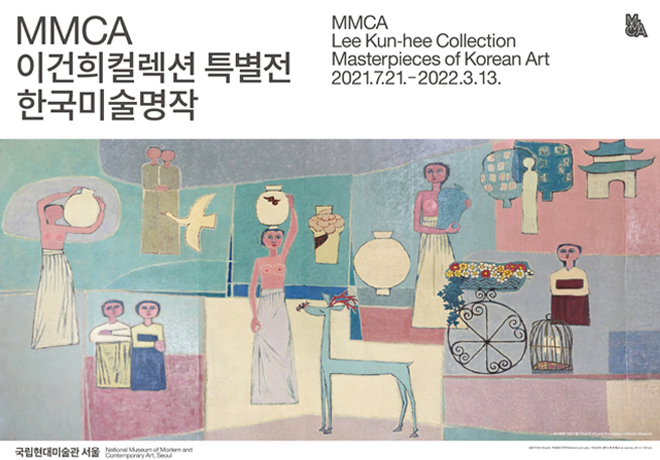* every Wednesday and Saturday during the exhibition period after 25 August from 16:00 to 17:00
※ The schedule may vary due to conditions surrounding the COVID-19 pandemic. Please refer to the MMCA website (advance booking) for detailed information.
(Advance booking for the DMZ Theater performances will not be available in August 2021 due to level 4 social distancing protocol.)
DMZ Theater is an interdisciplinary art project that imagines the 13 observatories located along the border of the Korean demilitarized zone (DMZ) as theaters and presents the narratives in the area as exhibitions and performances. Since 2017, artist Jung Yeondoo and director Surya have visited the 13 observatories over 50 times to take photographs. Based on these photographs, they have collected, reconstructed, and extended accounts by soldiers, folktales about the names of places around the observatories, and stories about the Korean War and Korea's subsequent division to develop an exhibition with installations and performances. The works in this project, such as Victory Theater, Dora Theater, and Odusan Unification Theater, are named after the 13 observatories, expressing the stories contained in them.
The DMZ, which extends two kilometers to the north and south of the Military Demarcation Line, is not only a place that bears witness to Korea's painful modern history, but also a "non-place" devoid of physical communication. In this regard, DMZ Theater is an interdisciplinary and performative alternative art practice that, through exhibitions, performances, and workshops, aims to flexibly extend the existing narratives of the DMZ in both an ideological context, regarding the war and division, and an environmental context, as the area has become an ecological haven with plant and animal life thriving in the absence of humans.
By exploring the undiscovered, abundant, and dynamic "micro-history" of the area through individual accounts, folktales, and myths, rather than taking a "macro-history" approach that focuses on nation, ethnic groups, and ideology, DMZ Theater views the DMZ as a cultural creation area where reality and imagination intersect. Defamiliarizing mainstream stories and images of the DMZ, this project provides a pathway to liberation from the traumas that have long affected the Korean people.
